10 ways to even out your menopause mood swings

Have you been suffering mood swings recently, feeling tearful or anxious? Then your symptoms could be due to the menopause. Many women associate this stage in life with hot flushes, night sweats and disturbed sleep but the menopause can also have a psychological impact.
Research has shown that women going through the menopause have a higher risk of changes in mood than non-menopausal women.
The symptoms, from feeling down to experiencing anxiety and tearfulness, can affect perimenopausal women in their 40s, before their periods have ceased completely, and continue after the menopause has happened, usually around age 51.
Why does the menopause affect mood?
The causes of mood swings in menopausal women are complex although research has linked low mood to fluctuating hormones. Oestrogen has a role in many brain functions so falling levels during the perimenopause may affect psychological wellbeing in some women.
Some studies have shown that having a history of severe premenstrual syndrome or postnatal depression may make some women more prone to menopausal mood swings.
Other symptoms associated with the menopause, such as sleepless nights, hot flushes, low libido and vaginal dryness, can also contribute to feelings of sadness or low self-esteem. Many women at this stage of life experience other stresses, such as children leaving home or caring for an elderly relative, which can increase anxiety and depression.
What You Can Do To Boost Your Mood
The good news is that there many things you can do to combat the psychological effects of the menopause, from medical interventions or complementary therapies undertaken with the advice of a health professional, to simple changes to your lifestyle.
Here are 10 ways to help even out your menopause mood swings
1. Keep A Diary
Keeping a symptom diary, recording your symptoms each day, will help health professionals to assess whether your low mood has a cyclical, hormonal basis or whether you may be suffering from depression which should be treated differently.
Some women in their 40s are prescribed anti-depressants for low mood but these can have unpleasant side effects while hormone replacement therapy (HRT) is a more effective and safer treatment for mood swings triggered by fluctuating hormones.
Our Symptom diary
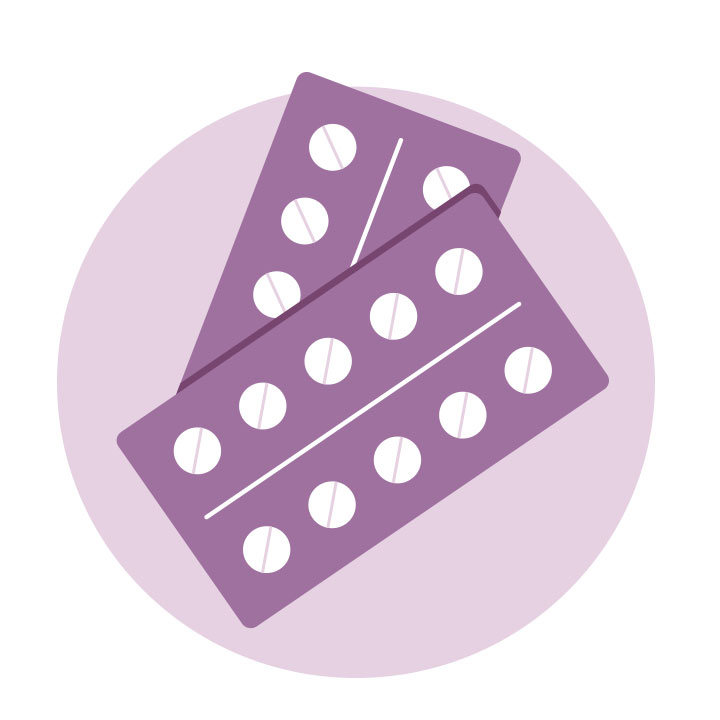
2. Take Some HRT
In the UK, HRT (which involves taking oestrogen with a progestogen for women who still have their wombs) is recommended by NICE to treat menopause-related mood swings and research has shown it helps. One study, published earlier this year [2018] by US researchers, found women who took HRT for a year were less likely to develop symptoms of depression during the menopause.
There are some risks associated with taking HRT but these are extremely small and the benefits outweigh the risks. The type and dose of HRT will depend on your individual symptoms and medical history with the advice of your doctor.
Arrange a Consultation

3. Try Testosterone
Some women with low libido are prescribed a testosterone gel to use alongside HRT. Low mood can be exacerbated by low libido, sexual dysfunction and problems in your relationship and using small amounts of testosterone gel may boost your libido and energy levels, in turn helping to improve mood.
Your individual case will need to be assessed by a doctor and a low dose is usually prescribed initially.
Talk to us

4. Eat Well
Eating healthily may improve your mood while consuming too much caffeine or sugary foods could lead to unhelpful highs and lows of energy levels. There is some evidence that being deficient in certain vitamins, such as B12 and magnesium, can affect your mood so increasing your intake of foods rich in these nutrients, such as green leafy vegetables, wholegrains and eggs, may help.
Eating oily fish, rich in omega-3, may also improve mood. Foods high in oestrogen-like compounds called phytoestrogens, such as soya beans, lentils and pulses, may also be beneficial. Some research has shown that Japanese women, who have a diet high in phytoestrogens, experience fewer menopausal symptoms than women on a western diet.
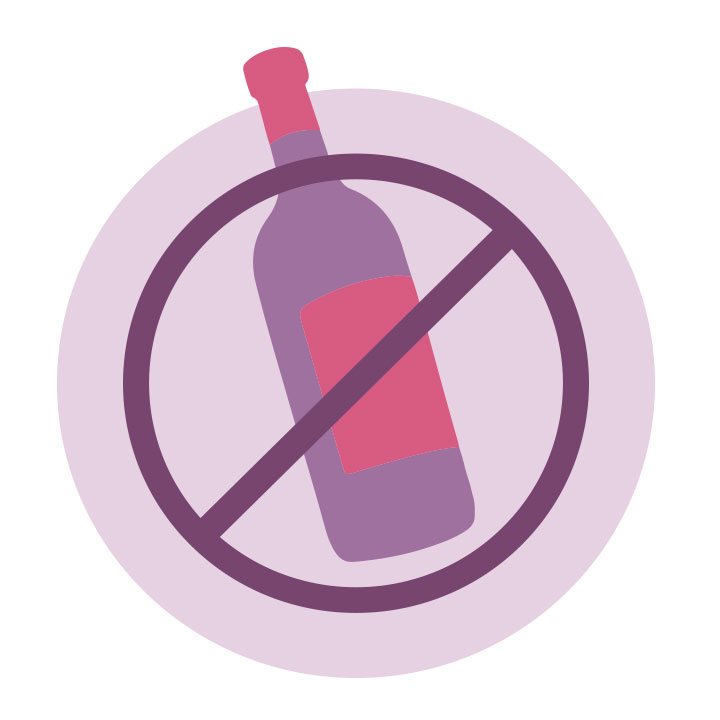
5. Cut Back On Alcohol
Although initially alcohol acts as a stimulant, it eventually has a sedative, depressive effect so that regular heavy drinking can make you feel down. Drinking in moderation and abstaining for several days a week should have a positive effect on your mood.

6. Exercise Regularly
Some studies show that people who exercise regularly are happier. It is not clear exactly why – it could be that healthier people simply feel better or that exercise may have a positive effect on brain chemistry. Exercise can also improve your sleep and self-esteem at a time when menopausal women may feel embarrassed about their symptoms or worried about ageing.
Activities such as a dance class, taking up tennis or joining an exercise class are not only sociable but, as they involve weight-bearing exercise, will help to combat the negative effects of the menopause on bone health.
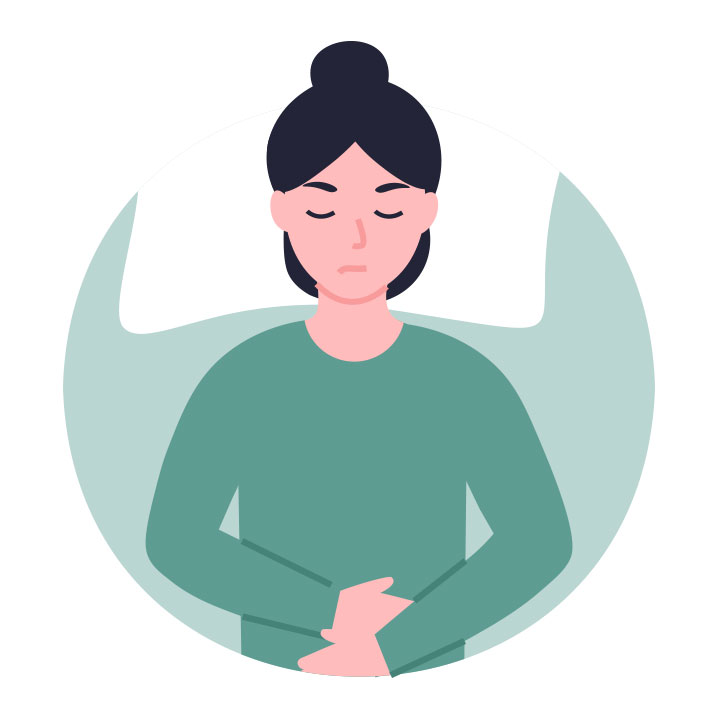
7. Get More Sleep
Everyone knows that feeling tired makes us grumpy. Adopting strategies to improve the amount and quality of your sleep could boost your mood.
Hormone replacement therapy (HRT) is an effective treatment for night sweats and reduces sleep disturbance due to menopausal symptoms. Drinking less alcohol, eating a healthy diet and taking up exercise will also improve the quality of your sleep.
An accurate diagnosis
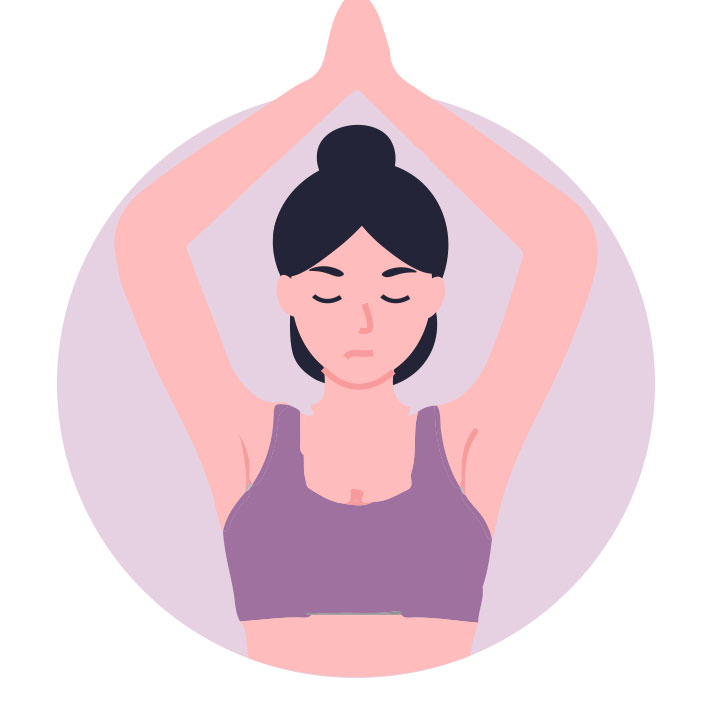
8. Consider Complementary Therapies
Hormone replacement therapy (HRT) has been more thoroughly researched and shown to be more effective than the alternatives although complementary therapies can still be a useful option depending on your individual symptoms.
Some research suggests the herbal remedy St John’s Wort can help relieve mood swings although it can interact with other medicines so it is worth discussing all the options with a healthcare professional first.

9. Try Something New
Going through the menopause can coincide with a stressful time in women’s lives with changing circumstances such as children leaving home or worries about getting older. This could be the time to find a new role that will satisfy you, such as returning to work, volunteering or enrolling on a course, which in turn will improve your self-esteem and mood.
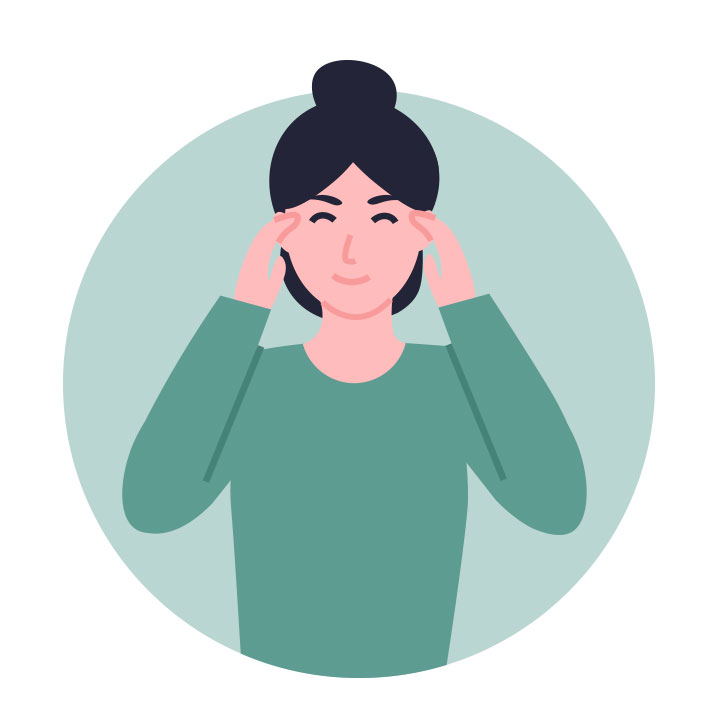
10. Think Positive
Changing your outlook could help to improve your mood. Women going through the menopause frequently experience shame or embarrassment but transforming your attitude to ageing and other changes at this time of life can be beneficial.
Some research suggests a course of cognitive behavioural therapy (CBT), which teaches skills to combat negative thinking, can help to improve menopausal symptoms including low mood, poor sleep and hot flushes.
Symptoms of menopause
Get in touch. We can help.
Would you like to see more blogs from Hormone Health?
